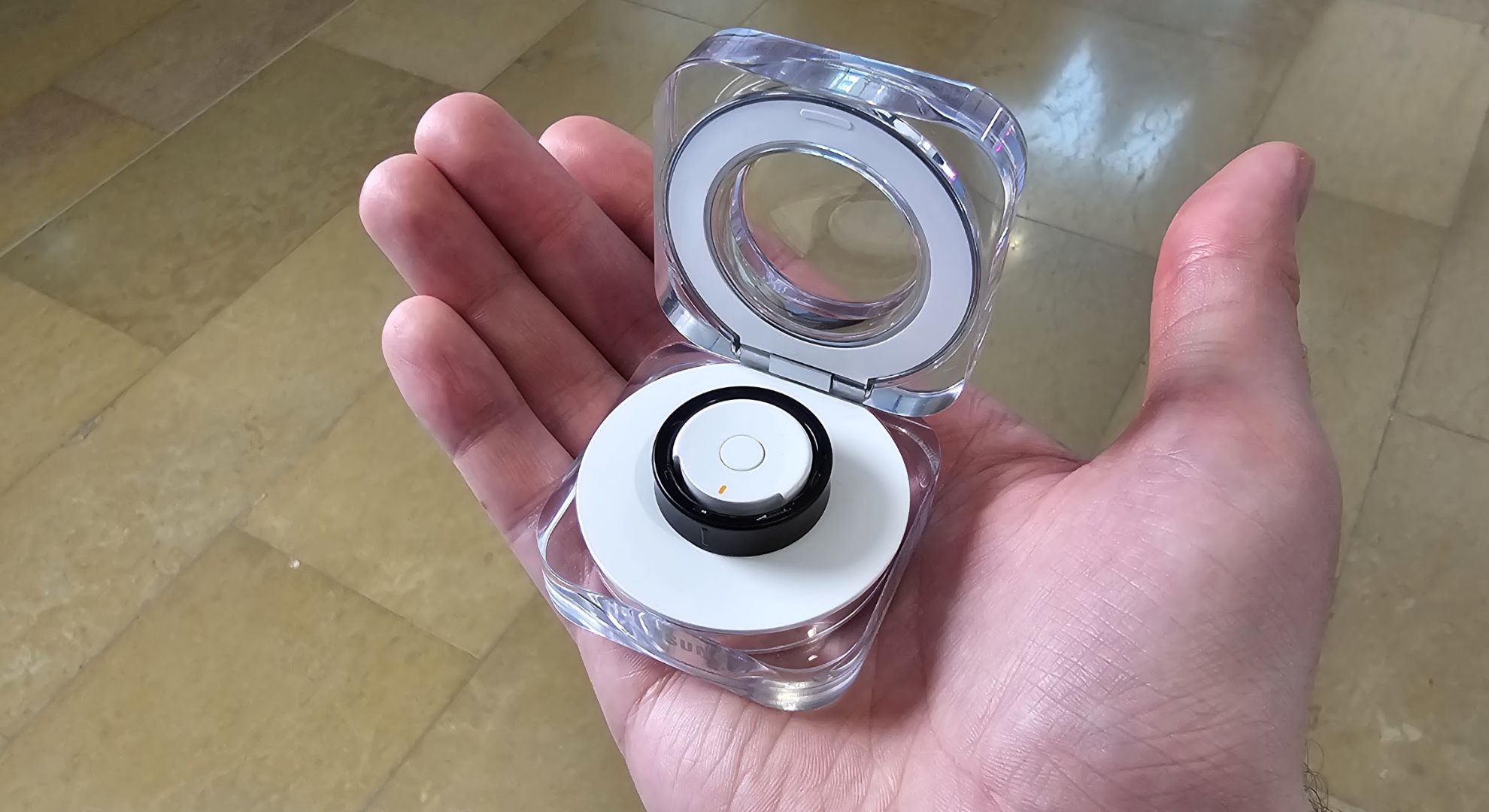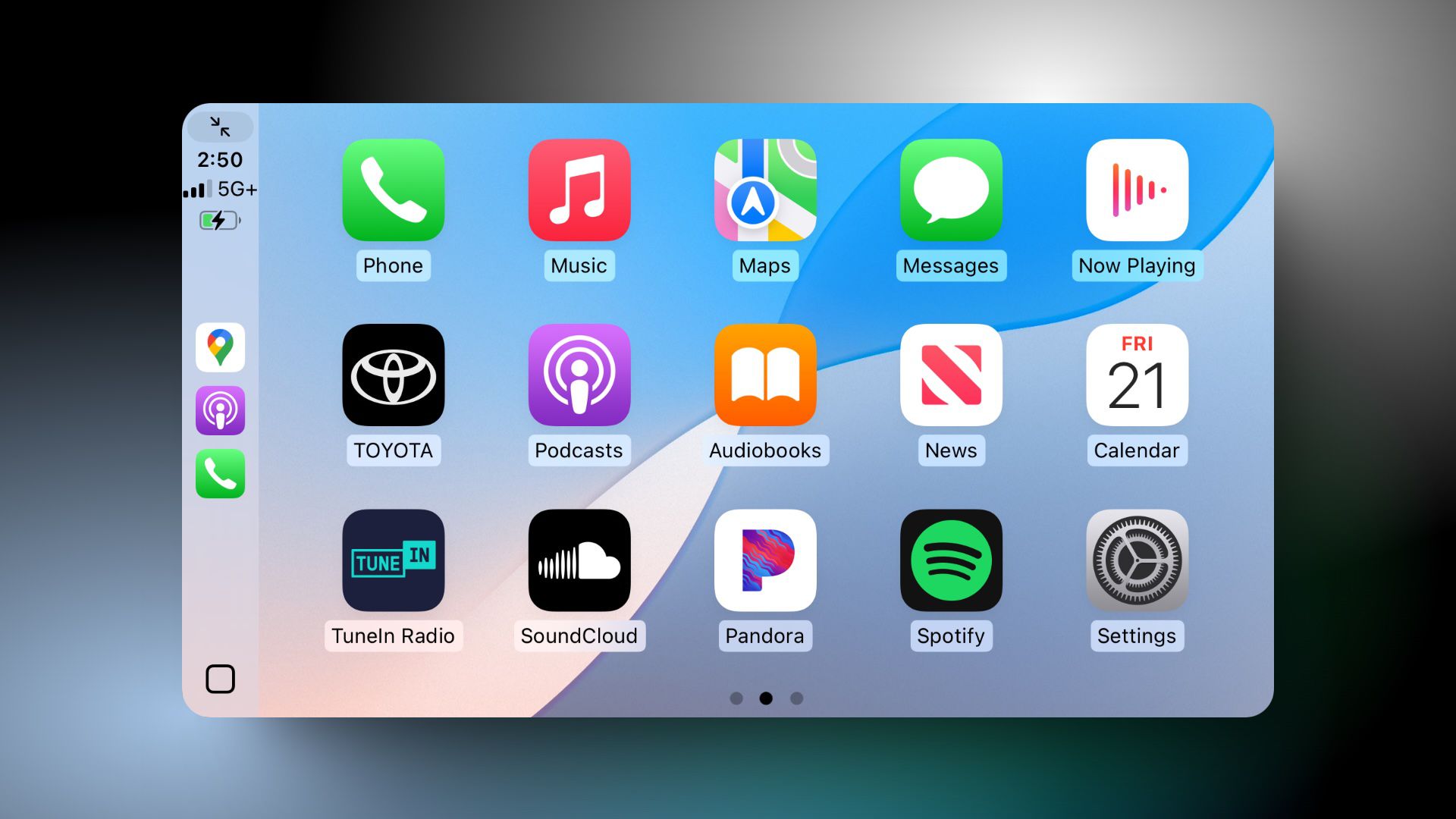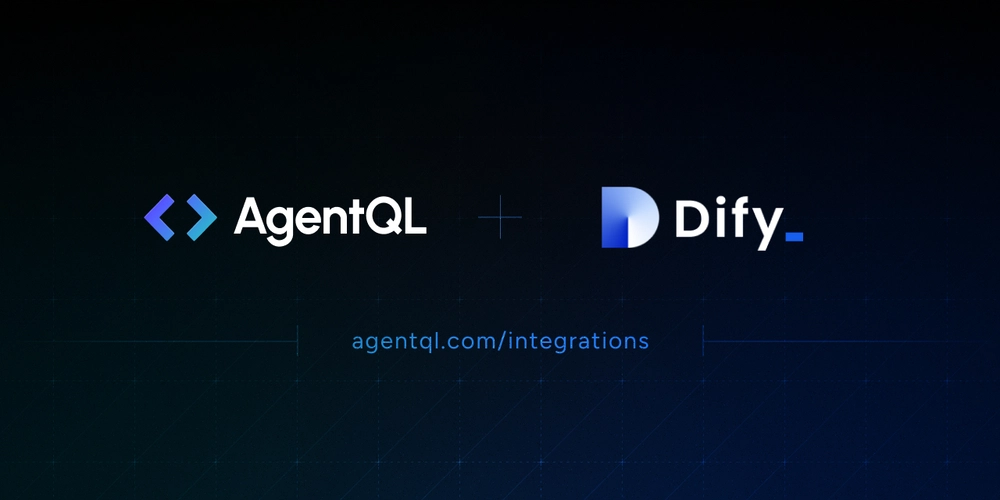PHP PSRs : PSR-4 Autoloader
The PSR-4 (PHP Standards Recommendation #4) is an autoloading standard defined by PHP-FIG (PHP Framework Interoperability Group) to streamline how classes, interfaces, and traits are automatically loaded in PHP applications. This eliminates the need for manual require or include statements by relying on namespace and directory structure mapping. Key Concepts in PSR-4 Autoloading Namespace-to-Directory Mapping PSR-4 specifies that the namespace of a class should directly map to a directory path within the project structure. The namespace prefix corresponds to a base directory. The namespace separator (\) corresponds to a directory separator (/). The fully qualified class name (FQCN) corresponds to the file path with a .php extension. Base Directory You define a "base directory" where PSR-4 expects to find your class files. This mapping is typically configured in composer.json. Basic PSR-4 Example Project Structure: project-root/ └── src/ └── App/ └── Controllers/ └── HomeController.php └── Models/ └── User.php └── vendor/ └── composer.json Namespace and Class: App\Controllers\HomeController → should map to project-root/src/App/Controllers/HomeController.php. App\Models\User → should map to project-root/src/App/Models/User.php. Class Definitions: // HomeController.php namespace App\Controllers; class HomeController { public function index() { echo "Home Controller - Index Method"; } } // User.php namespace App\Models; class User { public function getName() { return "John Doe"; } } composer.json Configuration for PSR-4 To enable autoloading, you need to configure composer.json: { "autoload": { "psr-4": { "App\\": "src/App/" } } } After configuring, run: composer dump-autoload This command generates the necessary files for PSR-4 autoloading. Using the Classes: With PSR-4 autoloading in place, you can use the classes without manually including files: require 'vendor/autoload.php'; // Autoloader generated by Composer use App\Controllers\HomeController; use App\Models\User; $controller = new HomeController(); $controller->index(); // Output: Home Controller - Index Method $user = new User(); echo $user->getName(); // Output: John Doe Multiple Namespace Prefixes Sometimes, you may want to map different namespace prefixes to different directories: { "autoload": { "psr-4": { "App\\": "src/App/", "Utils\\": "src/Utils/" } } } Now, you can organize classes under separate namespaces: App\Controllers\HomeController → maps to src/App/Controllers/HomeController.php. Utils\StringHelper → maps to src/Utils/StringHelper.php. Benefits of PSR-4 Autoloading No Manual Includes: Simplifies class loading. Improved Organization: Promotes organized and consistent project structures. Interoperability: Widely supported by frameworks (like Laravel, Symfony) and libraries. Scalability: Easily handle large projects with multiple namespaces and directories. PSR-4 defines a clean and modern standard for autoloading classes using namespaces, reducing boilerplate and improving maintainability. By configuring a simple composer.json and following directory conventions, you can streamline class usage in PHP applications without worrying about manual file includes.
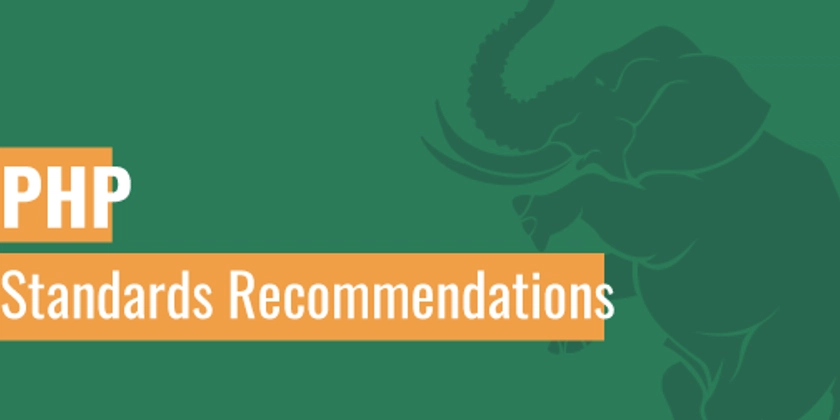
The PSR-4 (PHP Standards Recommendation #4) is an autoloading standard defined by PHP-FIG (PHP Framework Interoperability Group) to streamline how classes, interfaces, and traits are automatically loaded in PHP applications. This eliminates the need for manual require or include statements by relying on namespace and directory structure mapping.
Key Concepts in PSR-4 Autoloading
Namespace-to-Directory Mapping
PSR-4 specifies that the namespace of a class should directly map to a directory path within the project structure.
- The namespace prefix corresponds to a base directory.
- The namespace separator (
\) corresponds to a directory separator (/). - The fully qualified class name (FQCN) corresponds to the file path with a
.phpextension.
Base Directory
You define a "base directory" where PSR-4 expects to find your class files. This mapping is typically configured in composer.json.
Basic PSR-4 Example
Project Structure:
project-root/
└── src/
└── App/
└── Controllers/
└── HomeController.php
└── Models/
└── User.php
└── vendor/
└── composer.json
Namespace and Class:
-
App\Controllers\HomeController→ should map toproject-root/src/App/Controllers/HomeController.php. -
App\Models\User→ should map toproject-root/src/App/Models/User.php.
Class Definitions:
// HomeController.php
namespace App\Controllers;
class HomeController {
public function index() {
echo "Home Controller - Index Method";
}
}
// User.php
namespace App\Models;
class User {
public function getName() {
return "John Doe";
}
}
composer.json Configuration for PSR-4
To enable autoloading, you need to configure composer.json:
{
"autoload": {
"psr-4": {
"App\\": "src/App/"
}
}
}
After configuring, run:
composer dump-autoload
This command generates the necessary files for PSR-4 autoloading.
Using the Classes:
With PSR-4 autoloading in place, you can use the classes without manually including files:
require 'vendor/autoload.php'; // Autoloader generated by Composer
use App\Controllers\HomeController;
use App\Models\User;
$controller = new HomeController();
$controller->index(); // Output: Home Controller - Index Method
$user = new User();
echo $user->getName(); // Output: John Doe
Multiple Namespace Prefixes
Sometimes, you may want to map different namespace prefixes to different directories:
{
"autoload": {
"psr-4": {
"App\\": "src/App/",
"Utils\\": "src/Utils/"
}
}
}
Now, you can organize classes under separate namespaces:
-
App\Controllers\HomeController→ maps tosrc/App/Controllers/HomeController.php. -
Utils\StringHelper→ maps tosrc/Utils/StringHelper.php.
Benefits of PSR-4 Autoloading
- No Manual Includes: Simplifies class loading.
- Improved Organization: Promotes organized and consistent project structures.
- Interoperability: Widely supported by frameworks (like Laravel, Symfony) and libraries.
- Scalability: Easily handle large projects with multiple namespaces and directories.
PSR-4 defines a clean and modern standard for autoloading classes using namespaces, reducing boilerplate and improving maintainability. By configuring a simple composer.json and following directory conventions, you can streamline class usage in PHP applications without worrying about manual file includes.











































































































































































![[The AI Show Episode 142]: ChatGPT’s New Image Generator, Studio Ghibli Craze and Backlash, Gemini 2.5, OpenAI Academy, 4o Updates, Vibe Marketing & xAI Acquires X](https://www.marketingaiinstitute.com/hubfs/ep%20142%20cover.png)















































































































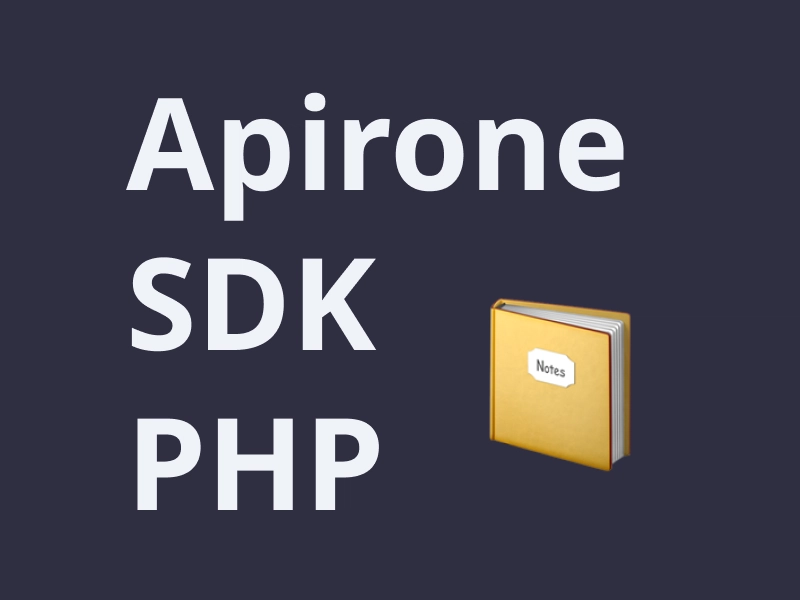
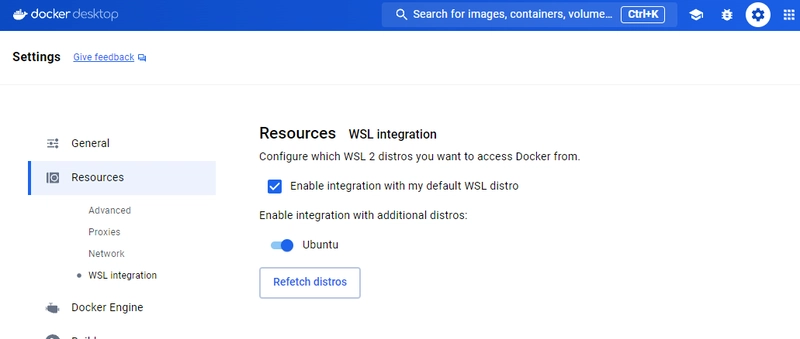















































































































































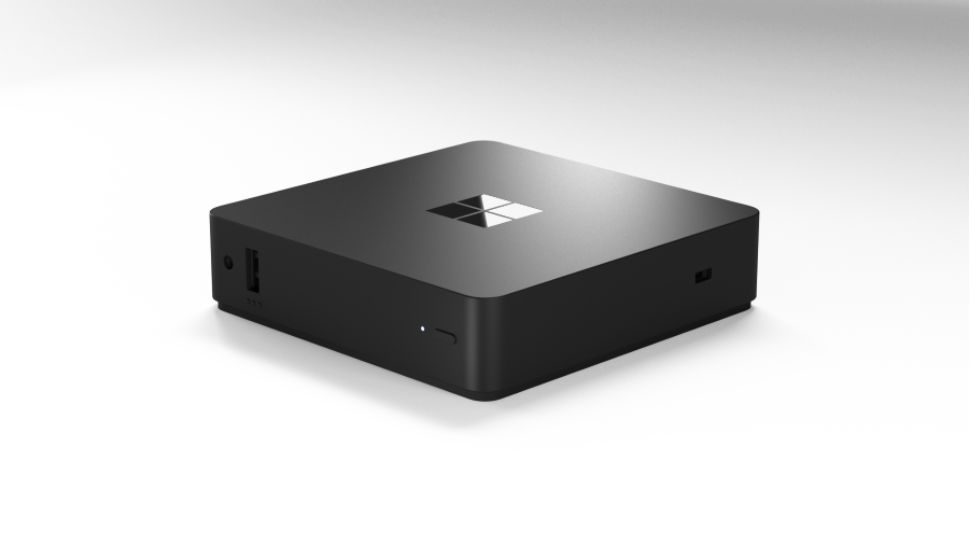




















































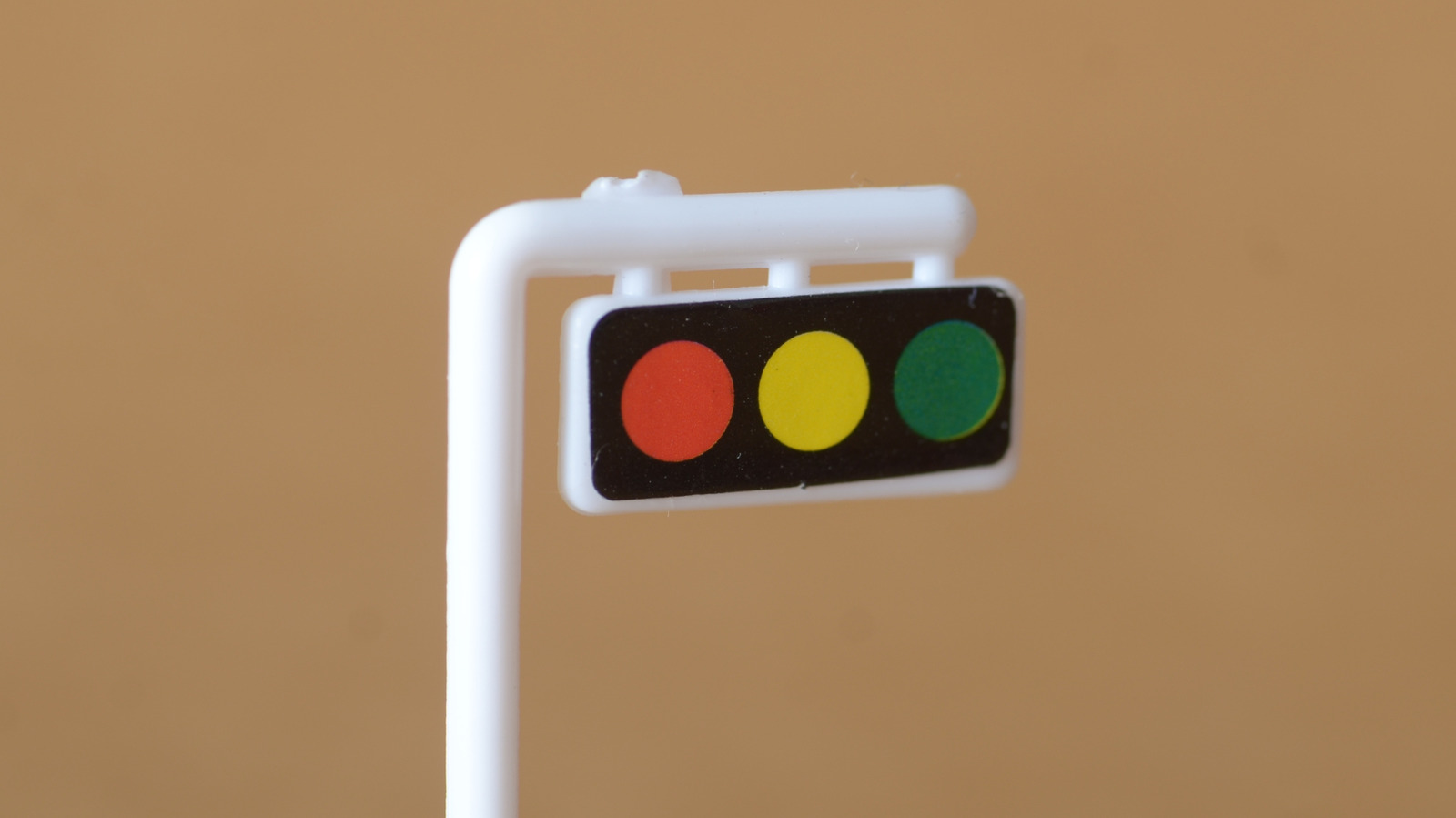










































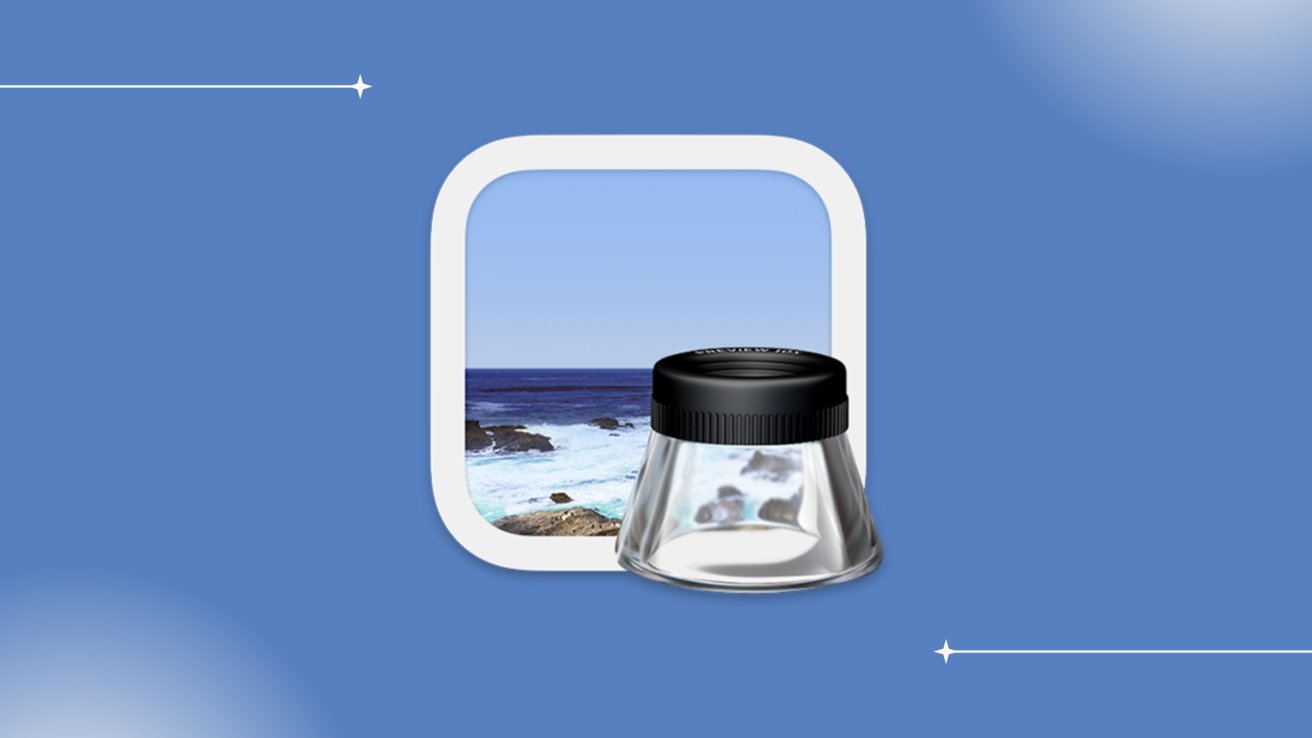
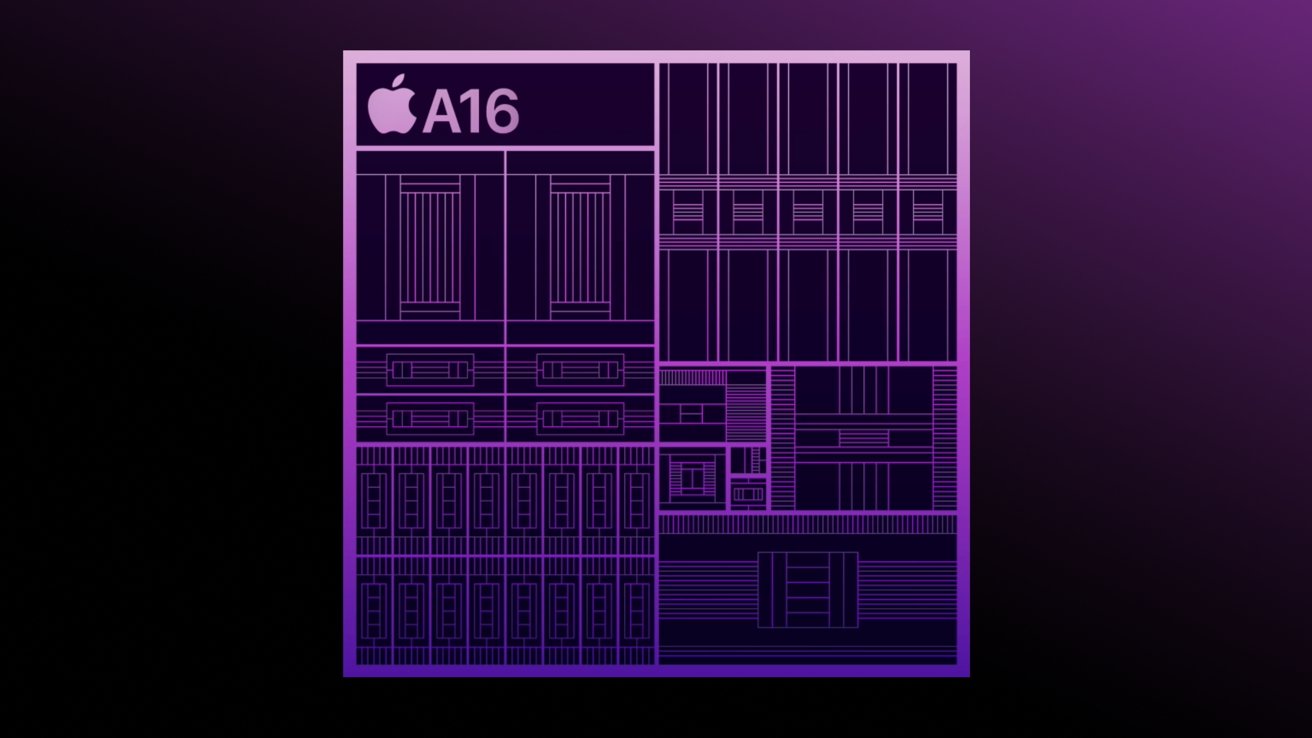




























![YouTube Announces New Creation Tools for Shorts [Video]](https://www.iclarified.com/images/news/96923/96923/96923-640.jpg)

![Apple Faces New Tariffs but Has Options to Soften the Blow [Kuo]](https://www.iclarified.com/images/news/96921/96921/96921-640.jpg)
















